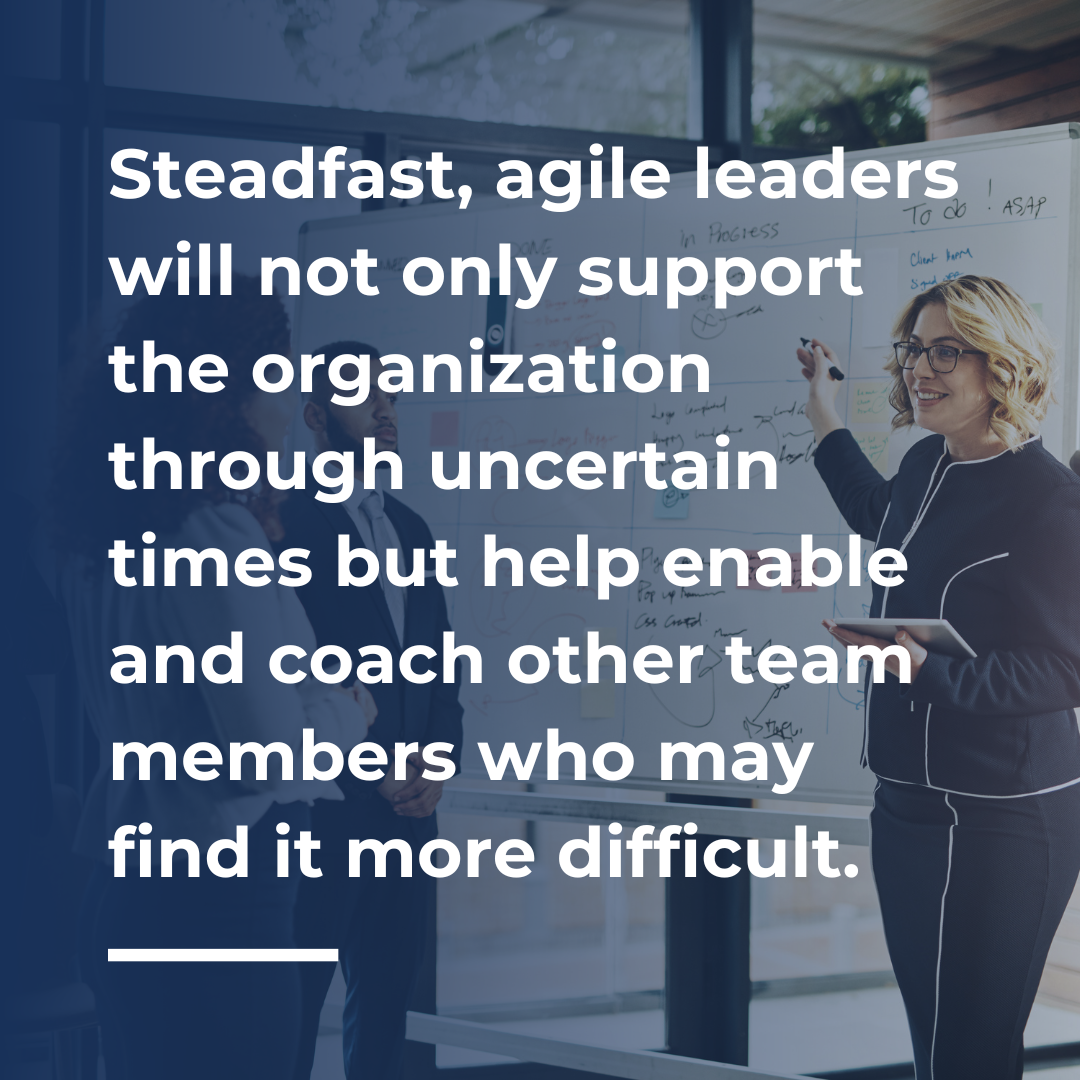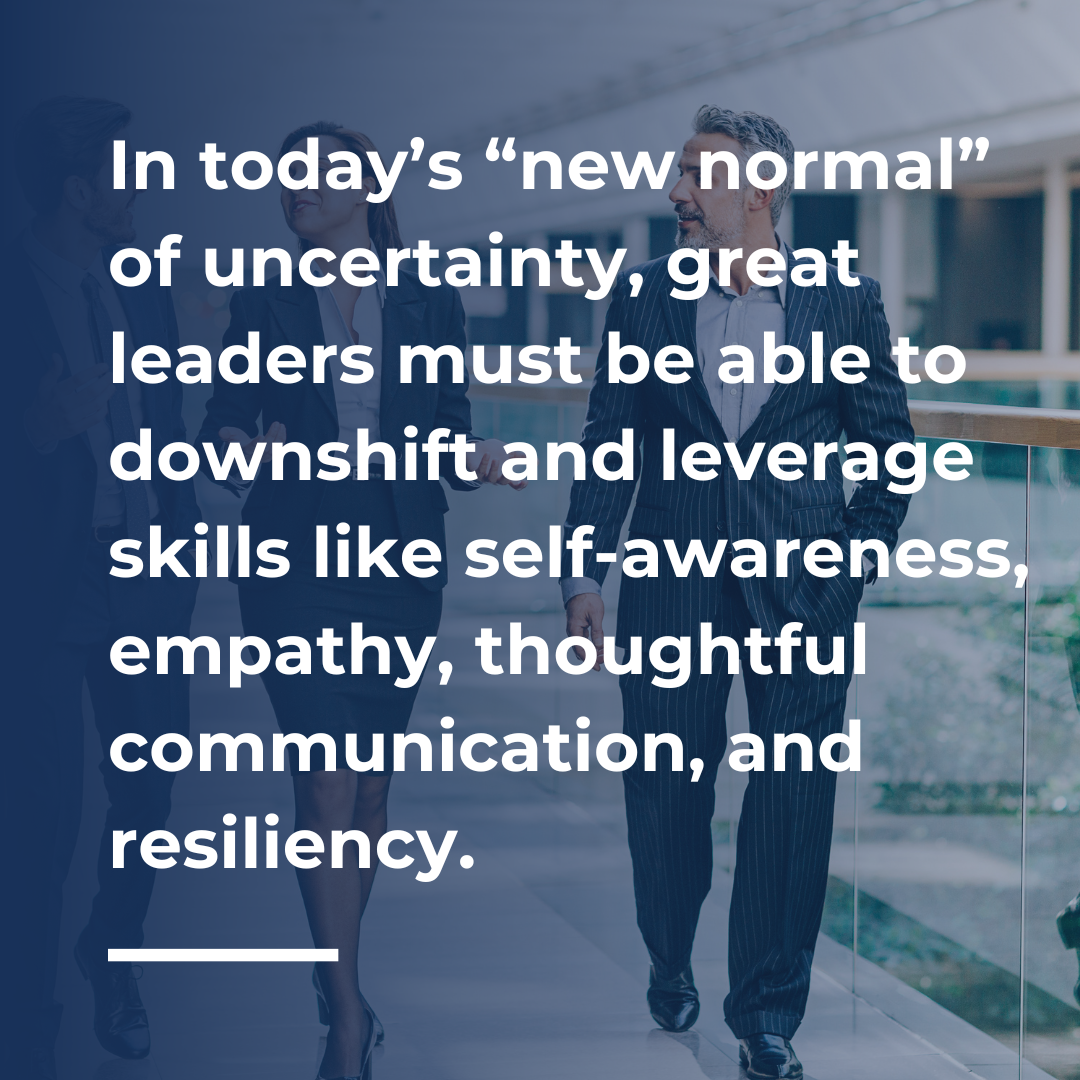Volatile. Uncertain. Complex. Ambiguous. VUCA – what was once a nebulous term used to forecast an uncertain future, today is our “new normal.” For the most part, the world has moved past COVID, and when we emerged from the other side, we somewhat expected it to be business as usual.
Today, we are on the brink of another economic slowdown with a looming recession. The recent failure of Silicon Valley Bank and filings by J&J to lay off as many as 1,000 workers in their medtech business are just a few examples of a new reality in our world. We know a private equity and venture capital recession means reducing financial burden, layoffs, and hiring freezes. This is usually accompanied by rosters of qualified talent posted to social media as an unofficial endorsement by managers or peers. But how do you know if you have the right people in the right seats to weather this next storm?
Among publicly held and privately held organizations, we specialize in working with PE and VC firms to build out senior leadership teams within their portfolio companies. Lately, we’ve heard our clients and CEOs tell us:
“The team I have in place is good, but they are stuck in their ways. They don’t have the right skills to drive the strategy forward in difficult or uncertain times. Direct reports and functional leaders that thrived in a booming environment are struggling to perform – and I fear this will last through the next few quarters.”
Should You Focus on the Short-Term or the Long-Term?

Do You Have the Right Talent in Place?
Are Your Leaders Adaptable, Resilient, and Agile?

Have They Faced Adversity in the Past?
Do Different Times Call For Different Leadership Styles?

How Can You Inspire Innovation During Difficult Times?
%
After layoffs, the remaining team members have only about 50% of the skills needed to support the organization.

Chris Bull
Managing Partner + Co-Founder
Jake Vander Zanden
Partner


